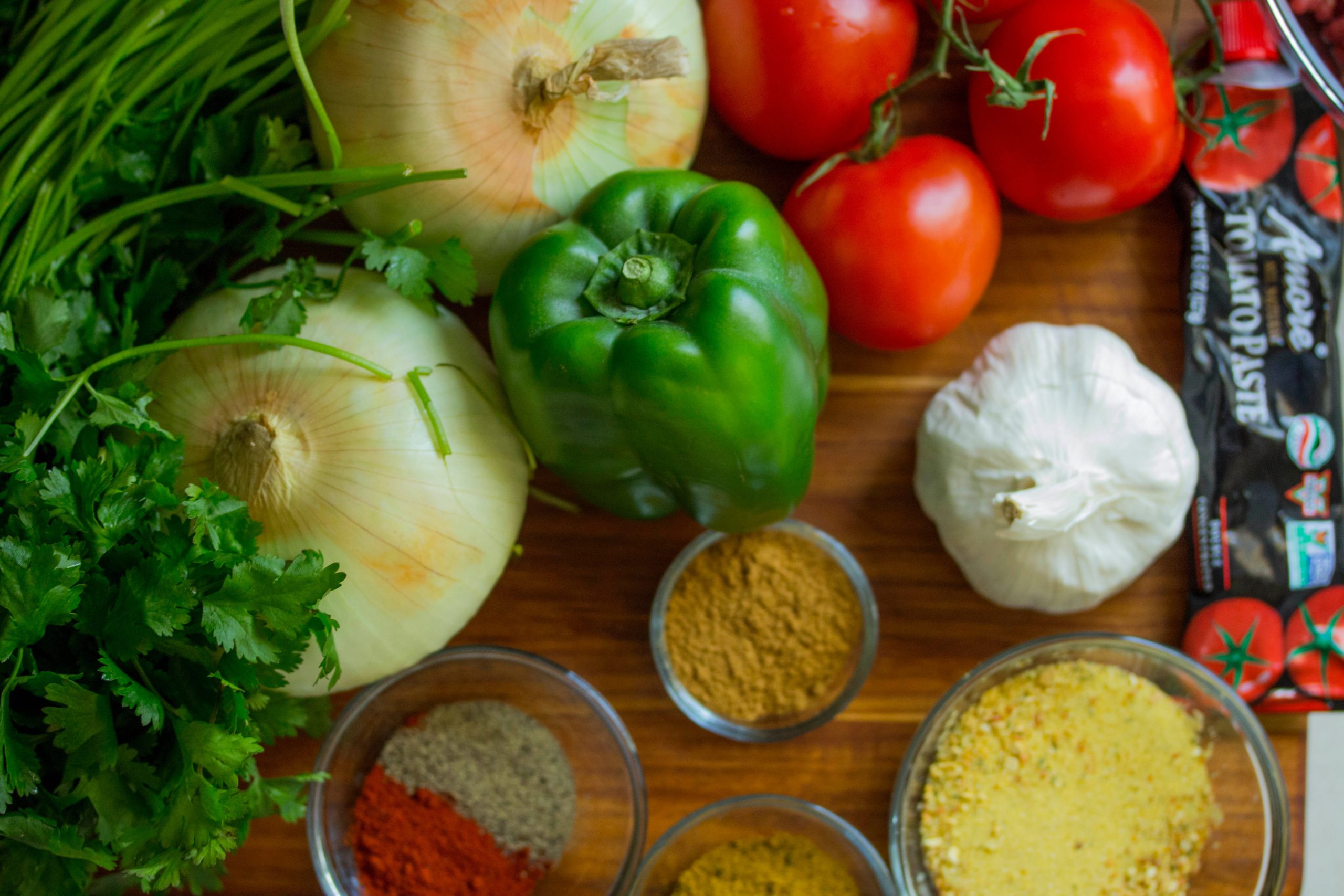Grocery bills are going up for Canadians, at least that’s the findings of the latest Canada’s Food Price Report.
The annual report, released this past Tuesday, December 8th by four Canadian universities, including the University of British Columbia, is forecasting an overall increase of three to five per cent for food expenditure in 2021.
That means the average four-person family is expected to spend nearly $700 more at the grocery store next year.
Last year’s report predicted the average Canadian family would spend up to $12,667 on food, and for 2021, it has jumped to a whopping $13,907.
The most significant increases are predicted for meat at 4.5 to 6.5 per cent, bakery at 3.5 to 5.5 per cent, and vegetables at 4.5 to 6.5 per cent.
There are a handful of reasons for the expected increase, and the report finds that COVID-19 is changing consumer behaviour and affecting food prices in surprising ways.
It says food price factors to watch for next year include the continued impact of the pandemic, the effects of climate change, the growth in e-commerce and online services, as well as the continued loss of the food manufacturing sector.
The report adds that the national ban on some single-use plastics also plays a factor, along with the impact of the U.S. presidential election on food policy and the Canadian dollar.
“Families with less means will be significantly challenged in 2021, and many will be left behind,” says project lead Dr. Sylvain Charlebois. “Immunity to higher food prices requires more cooking, more discipline and more research. It’s as simple as that.”




